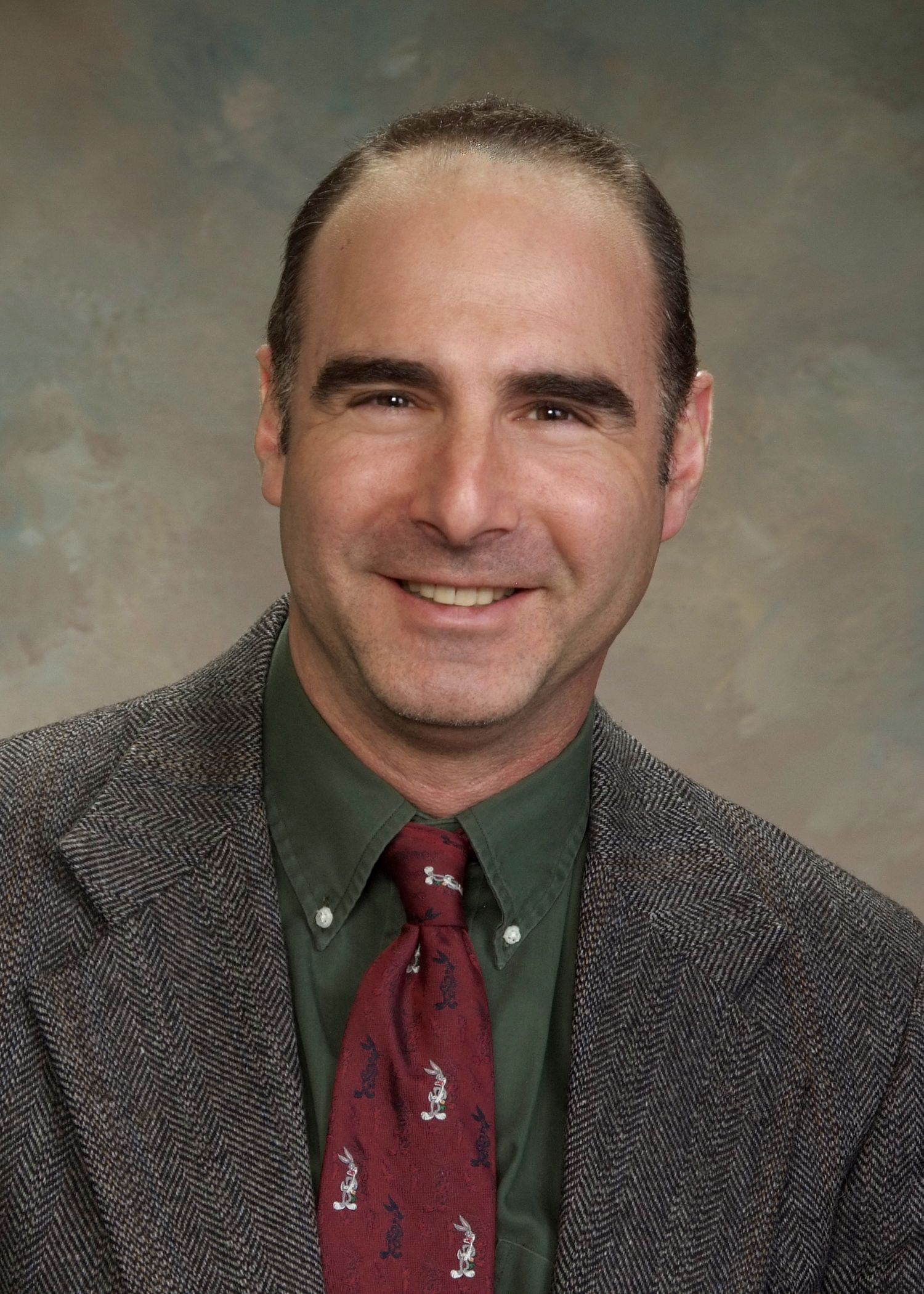Mike Rosenzweig receives 2014 Alumni Award for Outreach Excellence

Mike Rosenzweig, advanced instructor in the Department of Biological Sciences in the College of Science at Virginia Tech, has received the university's 2014 Alumni Award for Outreach Excellence.
With support from the Virginia Tech Alumni Association, the Alumni Award for Outreach Excellence is presented annually to recognize outstanding contributions by Virginia Tech faculty members who have extended the university's outreach mission throughout the commonwealth, the nation, and the world. Recipients are nominated by their peers, receive a $2,000 cash prize, and are inducted into the university's Academy of Outreach Excellence.
In addition to his teaching core undergraduate courses for the department, including the teaching of Principles of Biology to approximately 300 life science majors each semester, Rosenzweig has been the director of the Biological Sciences Outreach Program since 2001 which supports K-12 outreach education and encourages the growth of K-12 participation in research.
In addition, Rosenzweig co-founded Seek Education, Explore, DiScover (SEEDS), a community education nonprofit organization located in Blacksburg. Since 1995, SEEDS mission has been inspiring a natural curiosity and love for the environment in children and the young at heart through discovery learning, nature education, teacher support, and civic awareness.
SEEDS provides supplemental curriculum materials to schools and home schooling groups, including educational curriculum kits from the Biological Sciences Outreach Program, and trains others how to use these kits and correlate contents to the state science learning standards for elementary and middle school.
Since 1995, SEEDS has run summer field camps, week-long programs for children from ages 3 to 12. Rosenzweig supervises and teaches these programs that explore the region’s ecological and cultural resources. Older youth have had the opportunity to explore different environments and new cultures through trips to Florida, Colorado, Wyoming, Utah, Arizona, New Mexico, and Maine.
His current research interests include bridging research and public outreach in the sciences and technology, and developing bioscience education and products primarily for the regional and state-wide K-12 community.
The Biological Sciences Outreach Program, which is part of the Virginia Tech Science, Technology, Engineering, and Mathematics Outreach Initiative, helps life science researchers to utilize its education outreach programs to enhance their grant proposals. Three National Science Foundation funded efforts have been supported in this manner.
Rosenzweig is a long-time collaborator with VT-Engage. He served on the university’s engagement task force that recommended the establishment of VT-Engage and formed the original blue-print for its creation.
In 1996, Dr. Rosenzweig organized the first service-learning special study class in biological sciences which engaged Blacksburg High School students in a community-based project to monitor water quality in Stroubles Creek. A capstone project for that class was a presentation by the students to Town of Blacksburg engineers where they recommended riparian buffers and additional community outreach to improve awareness of our town’s main tributary of the New River.
Rosenzweig received his bachelor’s degree from Clark University and a master’s degree and doctoral degree from Virginia Tech.
Dedicated to its motto, Ut Prosim (That I May Serve), Virginia Tech takes a hands-on, engaging approach to education, preparing scholars to be leaders in their fields and communities. As the commonwealth’s most comprehensive university and its leading research institution, Virginia Tech offers 240 undergraduate and graduate degree programs to more than 31,000 students and manages a research portfolio of $513 million. The university fulfills its land-grant mission of transforming knowledge to practice through technological leadership and by fueling economic growth and job creation locally, regionally, and across Virginia.




